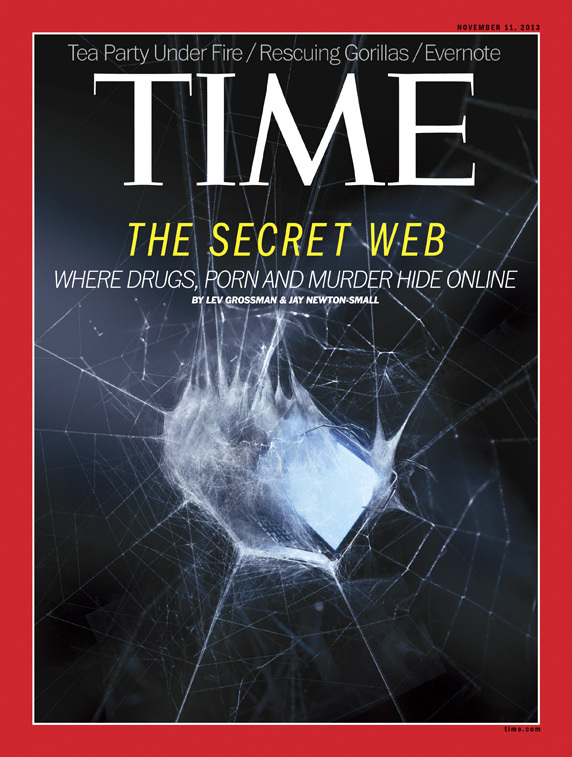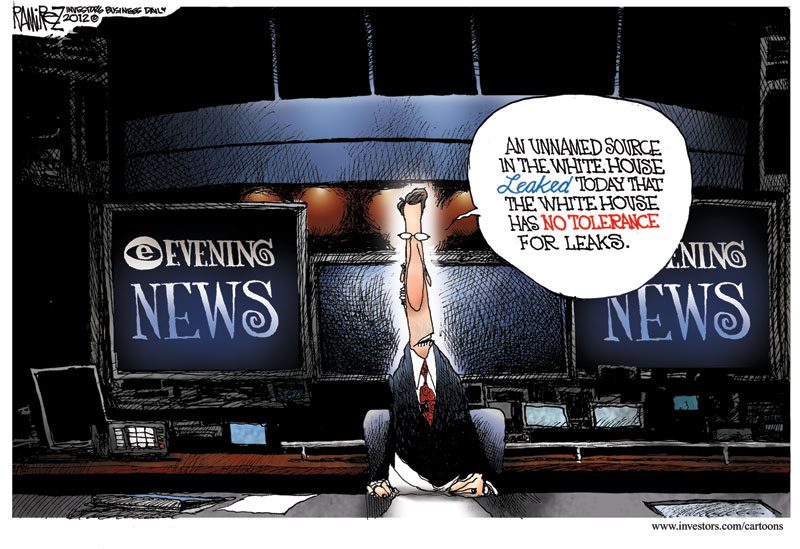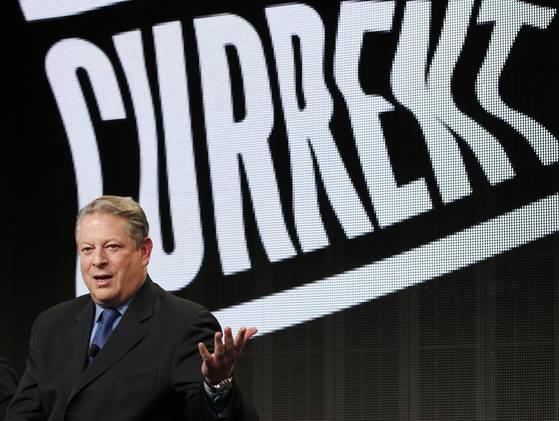If you’ve been paying attention to international news you’ve probably noticed that while the Winter Olympic Games in Sochi, Russia were winding down, a geo-political revolution was heating up in the neighboring state of Ukraine. Demonstrators battled riot police and security forces in the capital city of Kiev and, as the saying goes, the whole world was watching.
Over the weekend the tide appears to have shifted in favor of the demonstrators. Charged with mass murder, former president Yanukovych fled leaving behind a palatial estate complete with zoo and golf course. Corruption has been a problem for this democratic state for many years, and it is still too soon to tell if this latest revolution will put them on the road to political stability.
But this is a blog primarily about media, not politics. Conveniently social media was an important component in the Kiev uprising of 2014, and one viral video in particular helped to focus attention on the plight of the Ukrainians. In case you didn’t see it…
Social media is being used increasingly as a source of news for teens and young adults. A recent survey of >5,000 adults by the Pew Research Journalism Project found that Reddit, Twitter and Facebook lead other social media for users reporting that they get news online. Of those who report using social media sites for news, most use only one site for news, while 26% get news from two sites, and 9% get news from 3 or more sites. It is also worth noting that the study found that social media news consumers also seek out news from traditional legacy media outlets such as cable TV and radio.
But social media as a source of news has some interesting strengths and weaknesses. One obvious strength is the speed of social news. A twitter feed from the front lines can literally provide a play-by-play account in near-real-time. Another strength is the democratization of sources. Citizen journalists and eyewitnesses can now transmit to a global audience. The barrier to entry has never been lower. As Mathew Ingram asserted in GigaOm, “social media is the only media that matters” in these contexts.
Of course these strengths are also weaknesses. Speed is frequently the enemy of accuracy. And the lack of gate-keepers and editors to vet content means that a lot of half-truths and out-right lies also make it into the mix. As Mark Twain once said, “A lie can travel half way around the world while the truth is putting on its shoes.” And these criticisms don’t even begin to raise questions about overt and covert propaganda. Who is behind the I am a Ukrainian video on YouTube and what should we believe about their efforts to elicit support? Remember, if you get your news from social media, you need to be prepared to be your own filter and fact-checker.








 In what is reported to be a $500 million deal, Current TV is being sold to Al Jazeera Media Network. With headquarter located in Qatar, Al Jazeera is a global news network with an Arab point-of-view and funding from the government of Qatar. Since its debut in the mid 1990s, the network has been controversial and that controversy only increased after 9/11 and the wars in Afghanistan and Iraq. Frequently giving a voice to “terrorist” organizations (as defined by the US government), Al Jazeera continued to expand and launched an English-language channel in 2006.
In what is reported to be a $500 million deal, Current TV is being sold to Al Jazeera Media Network. With headquarter located in Qatar, Al Jazeera is a global news network with an Arab point-of-view and funding from the government of Qatar. Since its debut in the mid 1990s, the network has been controversial and that controversy only increased after 9/11 and the wars in Afghanistan and Iraq. Frequently giving a voice to “terrorist” organizations (as defined by the US government), Al Jazeera continued to expand and launched an English-language channel in 2006.